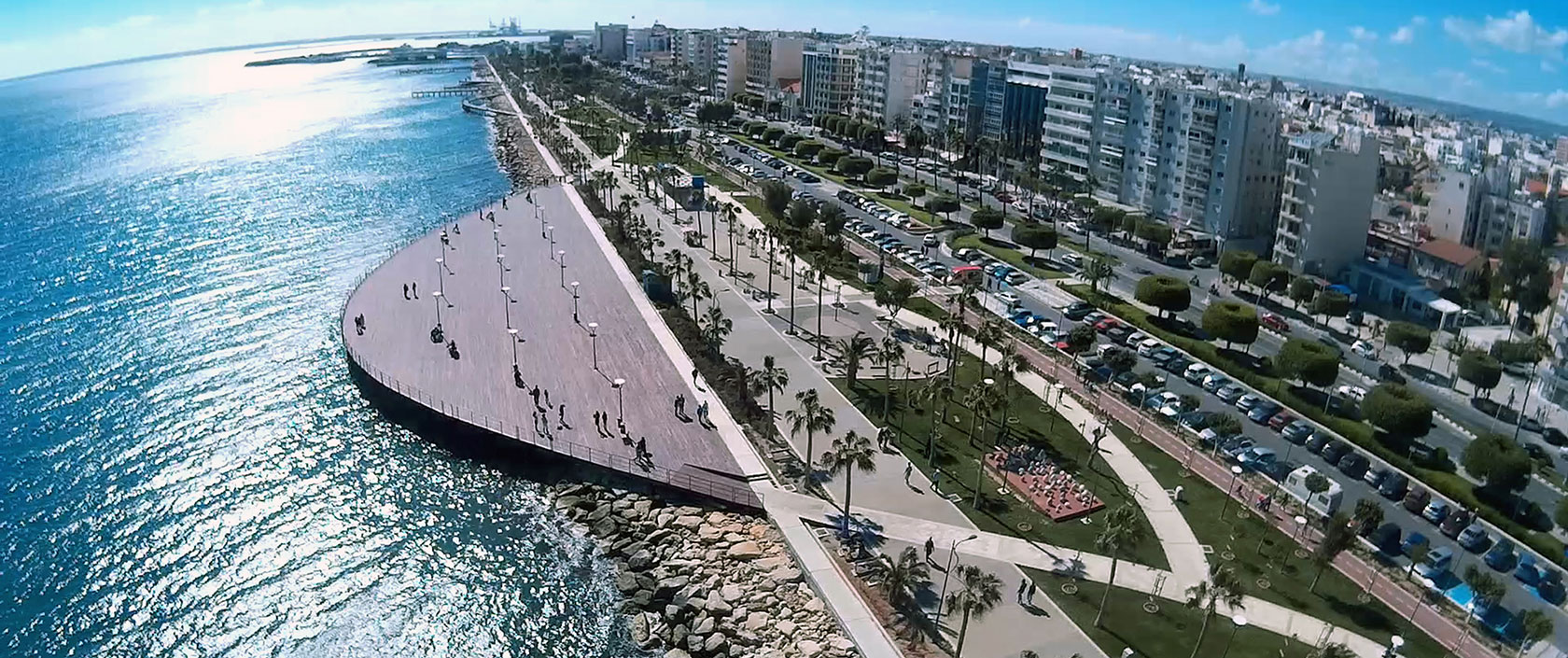President Christodoulides’ relentless efforts to give the Cyprus Republic and himself a ‘role’ in international affairs backfired at the weekend, when the spokesman of the Iranian foreign ministry issued a denial about the president’s public claims that Iran had asked Cyprus to “convey some messages to Israel”. The guess was that this alleged request had been made to Foreign Minister Constantinos Kombos by Iranian counterpart Abba Araghchi in a telephone conversation they reportedly had on Friday.
Speaking to journalists after a memorial service on Sunday, Christodoulides said that he would have a telephone call with Israel’s Prime Minister Benjamin Netanyahu in the afternoon, implying that he would convey these messages to him. He did not say what these messages were about nor the Iranian source. The Iranian foreign ministry spokesman Esmail Baghaei, meanwhile, said that Iran “did not send any message to Israel via a third country”.
Had Christodoulides made this up? And what would he have to gain by doing so? Is it so important for him to promote ‘the role’ his government is supposedly playing in international affairs to domestic audiences? Does he really believe this boosts his approval rating or is it just a case of self-aggrandisement? What is astonishing is that despite his career as a diplomat Christodoulides appears to have forgotten one of the basic rules of diplomacy – confidentiality.
Even if Iran had asked Cyprus to convey messages to Israel, it would have expected this to be done in complete secrecy and not to have become a news story as this indicated weakness on the part of Tehran. No government would want to be seen sending messages to a country that had attacked it. Was an experienced diplomat like Christodoulides not aware of this? Was he not aware that diplomacy has a much better chance of success when it is conducted in secret? Only when there is a breakthrough is publicity justified.
Kombos, who has reportedly been in contact with the leaders of Egypt, Jordan, Lebanon, Bahrain and Oman about the situation, insisted on Monday that the president was correct to speak publicly about the matter. “Why should it not have been said,” he asked a radio show presenter who had been critical of the president publicising the matter. “In my opinion, it was said very correctly, as the moment requires that there be this clarity,” insisted Kombos, for whom defending the president was the priority.
In effect, the foreign minister was defending diplomatic amateurishness, diplomacy being used for domestic consumption rather than to achieve a result. Admittedly, Christodoulides was never going to get a result, but he did not have to embarrass himself and his country by engaging in public diplomacy.







Click here to change your cookie preferences